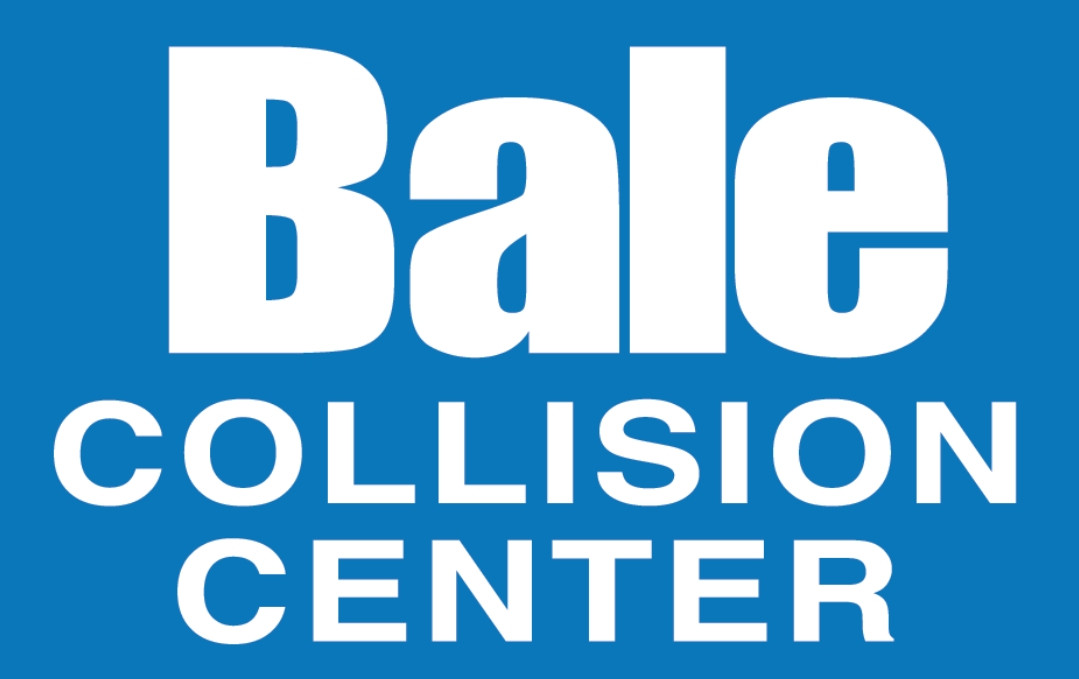Little Rock, AR — Choosing the right auto body repair shop is important to avoid delays, unexpected costs, and poor-quality repairs. Not all shops follow the same repair processes, use factory-recommended parts, or have certified technicians. Asking the right questions before approving repairs helps vehicle owners understand the shop’s procedures and what to expect throughout the repair process. Bale Collision Center (Downtown) in Little Rock, Arkansas, offers guidance on key questions to ask your auto body shop. This helps drivers make informed decisions on their vehicle repairs.
Why Asking Questions Matters
Different auto body shops have different repair methods, equipment, and training. Some may use aftermarket or recycled parts without fully explaining the impact on your vehicle. Not asking questions can result in safety risks, such as missing recalibration of sensors or airbags after a collision repair. Skipping questions about technician qualifications, parts, and repair timelines can lead to incomplete repairs or billing disputes.
Good questions reveal how the auto body repair shop handles repairs, whether OEM parts are used, and how long repairs will take. They also show if the shop will recalibrate safety sensors or straighten the frame properly. Clear answers help set realistic expectations and avoid surprises.
What Questions to Ask Your Auto Body Repair Shop
Technician Qualifications and Certified Training Matter
Technician certifications, like I-CAR and ASE, show that a shop meets industry standards. These programs train staff in structural repairs, electronics, and safety systems for modern vehicles. Shops with these certifications are more likely to deliver quality repairs that keep your vehicle safe and reliable. Bale Collision Center holds an I-CAR Gold Class designation and ASE certification, showing its commitment to ongoing training and repair excellence.
Parts and Materials Used in Repairs
OEM (Original Equipment Manufacturer) parts are made by the vehicle’s manufacturer and fit exactly as the original. They maintain safety features and vehicle value better than aftermarket parts, which are made by third parties and may not match perfectly. Bale Collision Center follows manufacturer repair procedures and uses OEM parts when safety requires them.
Paint Matching and Finishing
Proper paint-matching provides a seamless look. Bale Collision Center uses advanced tools to match the exact color, gloss, and texture of your vehicle’s original paint. The auto body shop in Little Rock, AR, uses a controlled painting environment to make sure the finish is smooth and durable.
Repair Process and Timeline
Repairs begin with a detailed inspection, followed by parts ordering, body and structural repairs, surface preparation, painting, and final inspection. This step-by-step process helps keep repairs organized and quality-controlled.
Communication and Updates
Bale Collision Center provides regular updates to keep customers informed about repair status, part arrivals, and any changes. This transparency reduces stress and builds trust throughout the repair process.
Experience with Vehicle Makes and Advanced Safety Features
Brand-Specific Repair Knowledge
Different vehicle brands use various materials like aluminum or high-strength steel, which require special repair tools and skills. Bale Collision Center has experience with many makes and models, ensuring repairs follow the correct methods.
Calibrating Advanced Driver-Assistance Systems (ADAS)
Modern vehicles have safety features like radar and cameras that must be recalibrated after repairs. The auto body shop in Little Rock, AR, uses specialized equipment to handle ADAS systems properly, maintaining your vehicle’s safety functions.
Insurance Coordination and Customer Support
Bale Collision Center works directly with insurance companies to streamline claim approvals and repair authorizations. This reduces delays and confusion, helping repairs start and finish on time. From claim submission to repair estimate approval, the shop supports customers by communicating clearly and handling paperwork efficiently.
Customer Reviews and Past Work
Customer reviews and before-and-after photos offer insight into repair quality and service. Bale Collision Center has many positive reviews from Little Rock customers, praising their attention to detail and fast service.
Detailed Estimates and Repair Timelines
Bale Collision Center provides detailed repair estimates that break down parts, labor, and materials. This transparency helps customers understand costs and make informed decisions. Repair durations depend on damage complexity and part availability. The auto body repair shop communicates expected timelines clearly and updates customers regularly to avoid surprises.
Bale Collision Center: Trusted Auto Body Shop in Little Rock, AR
Bale Collision Center stands out for its certified technicians, use of OEM parts, strict adherence to manufacturer guidelines, and clear communication. These qualities make them a dependable auto body shop near you. For more information or to schedule a repair, contact Bale Collision Center at (501) 375-0910 or email [email protected].





